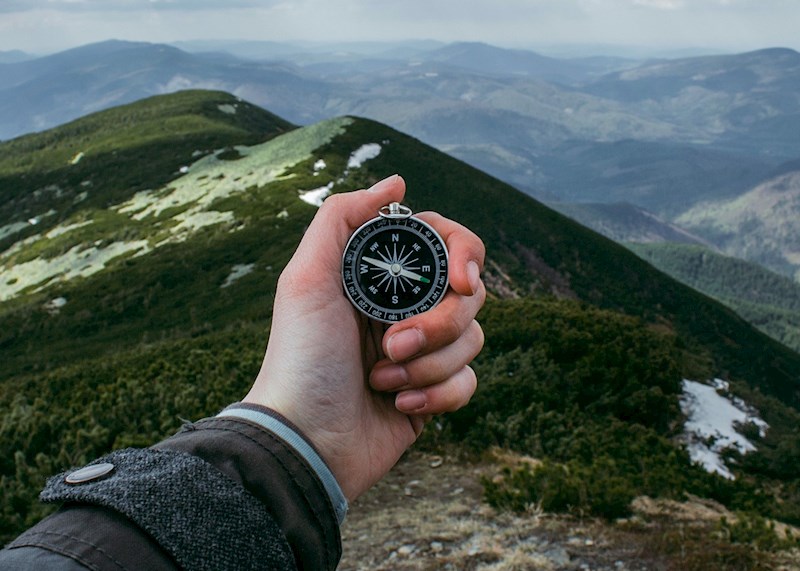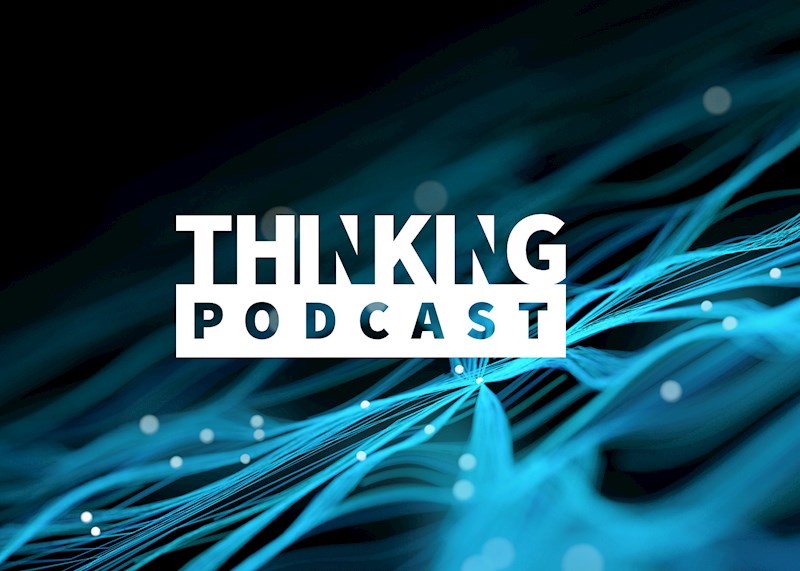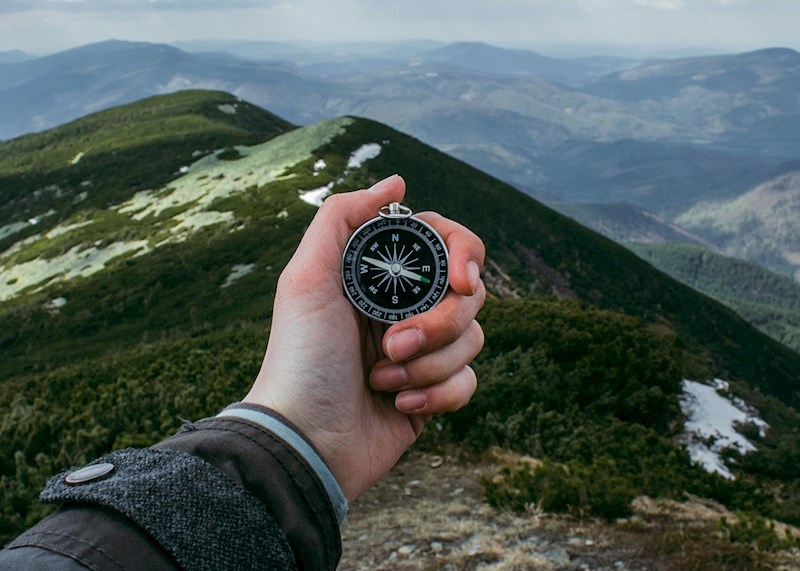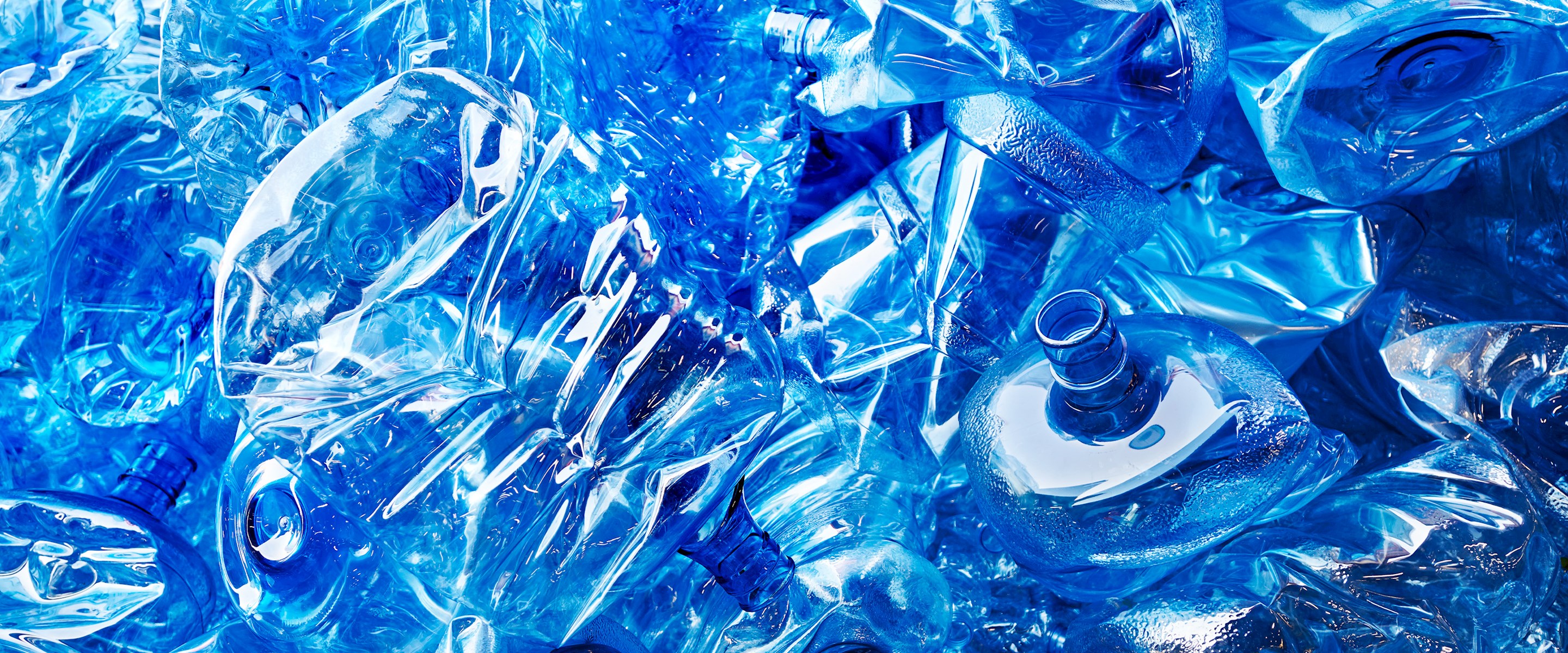Note: Having celebrated Memorial Day this quarter, honoring those who made the ultimate sacrifice, we are thrilled to feature William Blair wealth client Alan Handley, a Marine veteran who served in Desert Storm. He is one of many veterans who represent a new generation of respected civilian leaders.
Alan Handley, a CEO, sports enthusiast, and U.S. Marine veteran, is disrupting the waste industry by leading his company’s expansion through its recycling operations that are driving revenue while reducing Midwest landfill.
Handley and LRS (formerly Lakeshore Recycling Systems) are on a mission to reduce the amount of waste going into landfills by repurposing nearly half of the millions of tons of materials they collect each year—28 different items ranging from roofing shingles and railroad ties to glass, steel, cardboard, and plastic. The more they reuse, divert, or repurpose, the more they earn.
It’s a different model than what most waste handlers embrace across the country. This is especially true in the Midwest, where open lands and low landfill tip fees encourage competitors to take waste straight to a landfill without sorting it and recycling what’s possible.
“We never bought into that,” Handley said in an interview this month. “We’ve always said that you can be environmentally responsible and also make money. It’s worked out well for us.”
LRS ranks among the largest independent waste, recycling, and portable services providers in North America. Since Handley joined LRS as CEO in 2013, the company has grown ten-fold to $600 million in revenue and 2,300 employees. Last year alone it acquired 22 recycling companies across the Midwest. It now operates 77 facilities in 10 states from Indiana to Kansas and Minnesota to Arkansas.
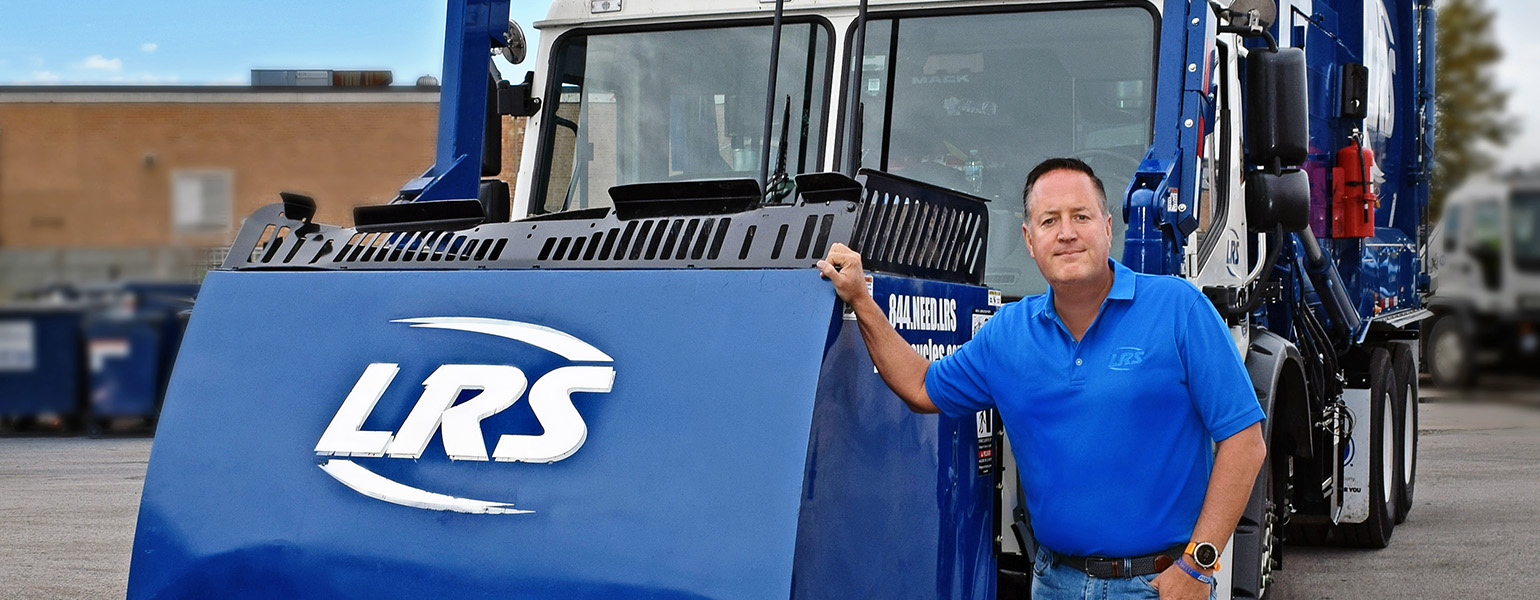
“Our margins are comparable to the large guys, but we do a much better job of protecting the natural state of the world. That’s driven a large part of our total ESG message.”
LRS’s ESG message is pretty straightforward: Together we will work to combat climate change by normalizing sustainability best practices, reducing consumption, diverting material away from landfills, and working to improve our planet’s long-term viability.
“It’s Really the Team”
Handley, a William Blair private wealth client, grew up on a small farm in Wisconsin. He learned the lessons of hard work and determination from his parents. His mother was a school bus driver and his father was a blue-collar worker.
Before pursuing an accounting degree from Northern Illinois University and an M.B.A. from Northwestern University, Handley served in the Marine Corps and was deployed in forward operational support in 1990 to Iraq during Desert Storm. Before becoming LRS’s chief executive, he worked in public accounting and commercial banking for several firms.
Building teams was one of the most important lessons he learned while serving in the military, said Handley. He credits the success of LRS to the team, “a cohesive, collegial group of people.”
“I really think it’s about taking care of the people who work with you, treating them well, and understanding we have a common mission,” he said. “What’s unique here at LRS is that there is not a lot of internal politics. We don’t play games, we take all that energy and focus it towards our competitors.”
Taking Risks
He also encourages his team to take on risks, “reasonable risks,” as it’s the only way to stay competitive. Waste companies essentially incur the same expenses to run their businesses: the cost of a truck, a driver, and waste disposal. So it’s all about differentiating your company from the pack, finding ways to work faster, smarter, and innovate.
“If you’re not looking to bend the envelope a little, change the way we go about business, we will never beat the people on the street,” Handley said. “There are no repercussions for trying something new. We make it part of our culture.”
Handley readily admits that taking risks, both in his career and personal life, is part of who he is.
Over the years he has climbed the tallest mountains in the world; sailed across the North Atlanta, the Caribbean, and off the coast of South America; and scuba-dived in over 1,000 locations around the world. One of the few places he hasn’t dived is Australia, but Handley is heading there this year.
By far, Handley said the most grueling adventure outside the military was training for and climbing 22,000 feet to the base camp at the foot of Mount Everest, the world’s tallest peak at 29,000 feet. It’s the highest people have found themselves outside of an airplane.
“For me, I need to feel uncomfortable in order to open up my mind,” Handley said. “I like the fact that when you’re pushing yourself whether it be intellectually or physically—what comes out are moments of clarity, the ability to appreciate things I would not normally appreciate.”
Serving the Community
Handley also loves diving, skiing, flying, sailing, and traveling with his wife of 28 years and their four daughters. The tight-knit family is equally passionate about community service and philanthropy focused on helping those with lupus, a chronic autoimmune disease. While there is no cure for lupus, medications and lifestyle changes can help control the disease’s symptoms.
In 2018, the Handley family and LRS established the Pediatric Lupus Clinic at University of Chicago Comer Children’s Hospital and last year made a commitment to support a full-time social worker in the clinic. The family also supports the Lupus Society of Illinois, a nonprofit committed to providing personal support to patients and their families. Ann Handley, Alan’s wife, is on the board.
They became active in both organizations after their daughter Maddie was diagnosed at 12 with a rare form of lupus. Maddie, now 19, attends Colgate University, where she studies biology, is active in school activities, and advocates for others with lupus.
Handley said his family likes the dual approach of giving time and money to both Comer and the Lupus Society. Comer is focused on providing excellent healthcare to patients while the Lupus Society offers all kinds of services—transportation, healthy meals, education—to those in the Chicagoland area who need the support.
“Life is really about taking care of people. Those you work with, your family, and your community,” he said.
